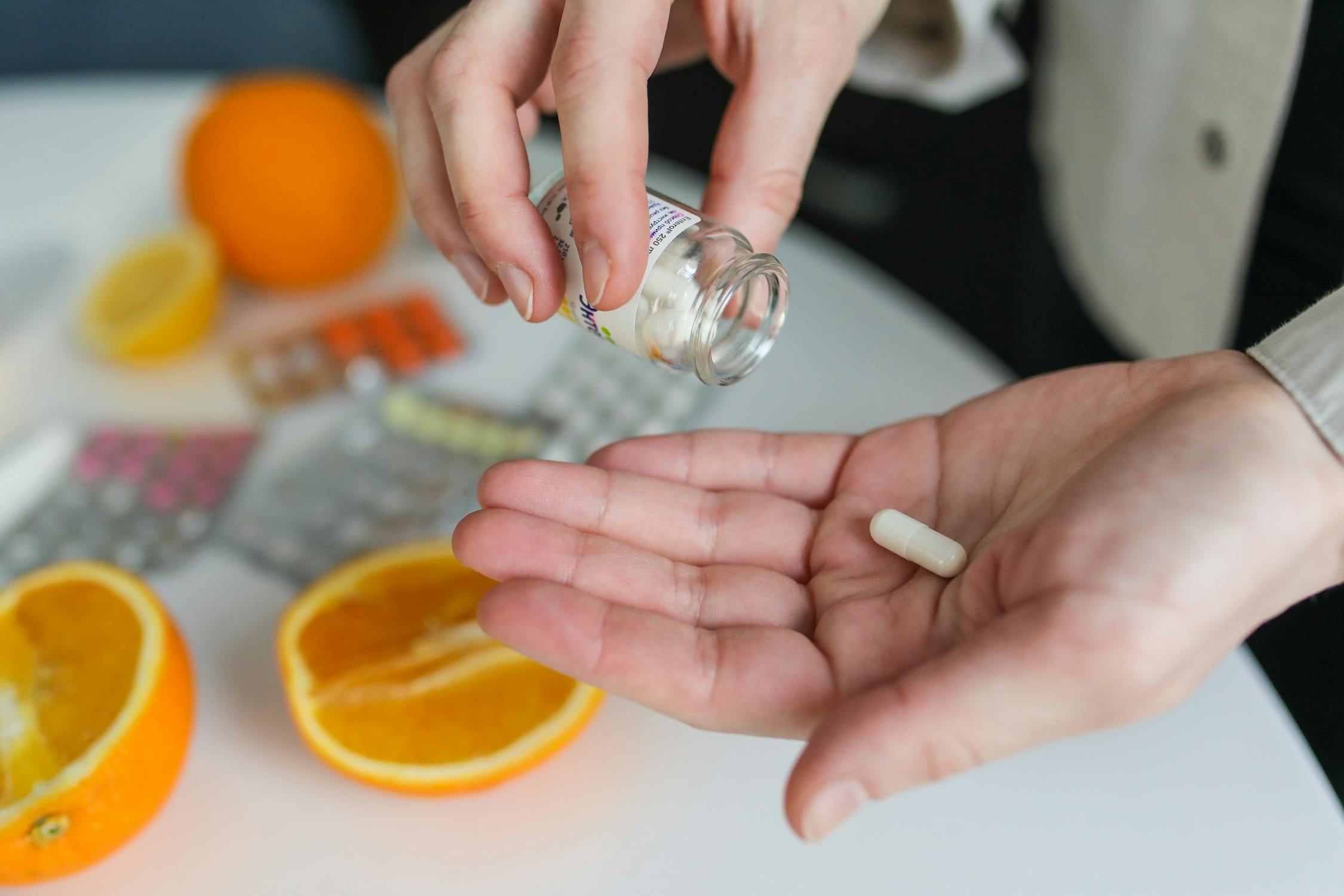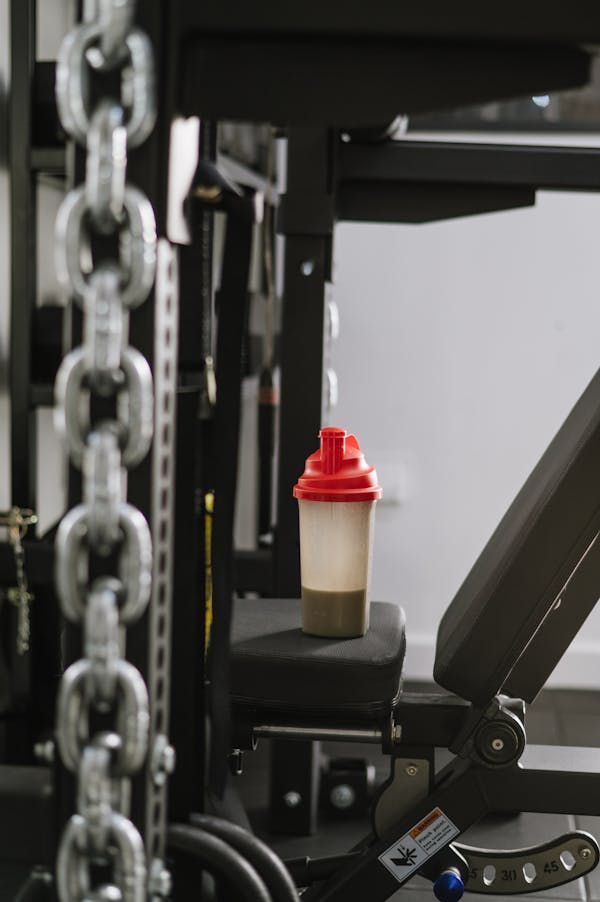Using Supplements Without Knowledge – The Hidden Risks You Need to Know
🏋️ Why Supplements Are So Popular Today
In the world of fitness, everyone wants quick results—more muscle, less fat, increased stamina. That’s why protein powders, pre-workouts, creatine, BCAAs, and fat burners are flooding the market. But here’s the truth:
💥 Using supplements without proper knowledge can do more harm than good.
In this post, let’s explore the risks, myths, and safe practices every gym-goer should know—especially if you're starting your fitness journey post-pandemic.
❗ Top Risks of Using Supplements Without Guidance
1. 🚫 Overdosing on Protein
More protein doesn’t always mean more muscle. Excessive intake can lead to:
- Kidney stress
- Dehydration
- Calcium loss from bones
🔍 Tip: Know your protein requirement (usually 1.2–2g per kg of body weight).
2. ⚠️ Pre-Workout Side Effects
Pre-workouts often contain high doses of caffeine and stimulants. Using them blindly can cause:
- Insomnia
- High blood pressure
- Anxiety or jitters
🔍 Tip: Avoid pre-workouts late in the day. Start with half a scoop and observe your reaction.
3. 🧬 Liver and Digestive Damage
Some fat burners or testosterone boosters contain unregulated chemicals or even banned substances.
- May cause liver toxicity
- Could disrupt hormonal balance
- Often lead to digestive issues
🔍 Tip: Always check for FSSAI, FDA, or trusted certification labels.
4. 🩺 Ignoring Existing Medical Conditions
Many people with issues like diabetes, thyroid, high BP, etc., start supplements without consulting a doctor—this is dangerous.
🔍 Tip: Always inform your doctor before starting anything new, even if it’s "natural."
5. 🧪 Mixing Multiple Supplements
Stacking protein, creatine, BCAA, glutamine, pre-workouts, etc. together without knowing your body’s limits is risky.
🔍 Tip: Try one supplement at a time and monitor its effect for a week or two.
📉 Why People Fall Into the Supplement Trap
- Influencer marketing hype
- Peer pressure at the gym
- Unrealistic transformation goals
- Misunderstood label claims
- Lack of awareness about natural food alternatives
✅ Safe Supplement Use – A Beginner’s Checklist
| ✅ Safe Practice | 🔍 Why It Matters |
|---|---|
| Consult a dietitian or coach | Get a plan tailored to your goals |
| Start with food-first approach | Real food offers better nutrient absorption |
| Check ingredient list & certifications | Avoid banned or harmful additives |
| Stay hydrated and follow dosage | Prevents kidney and digestive stress |
| Cycle off supplements every few months | Allows body to reset and respond better later |
🥦 Natural Alternatives to Try First
- Protein: Paneer, tofu, black chana, lentils
- Energy Boosters: Banana, peanut butter, soaked almonds
- Recovery Support: Turmeric milk, coconut water, dates
🤔 Final Thoughts: Do You Even Need Supplements?
Not always. For many beginners or casual gym-goers, a balanced diet and consistent routine is all you need. Supplements should be seen as support, not shortcuts.
🧠 "If you don’t know what’s inside the scoop, you shouldn’t be putting it in your body."
📣 Join the “Gym With Mask” Community
Do you use supplements? Had a good or bad experience?
Drop a comment below or tag us on Instagram with #GymWithMask 💬
Subscribe for more honest fitness tips, workout plans, and safe muscle gain advice!
🔗 Related Posts You Might Like:





Post a Comment